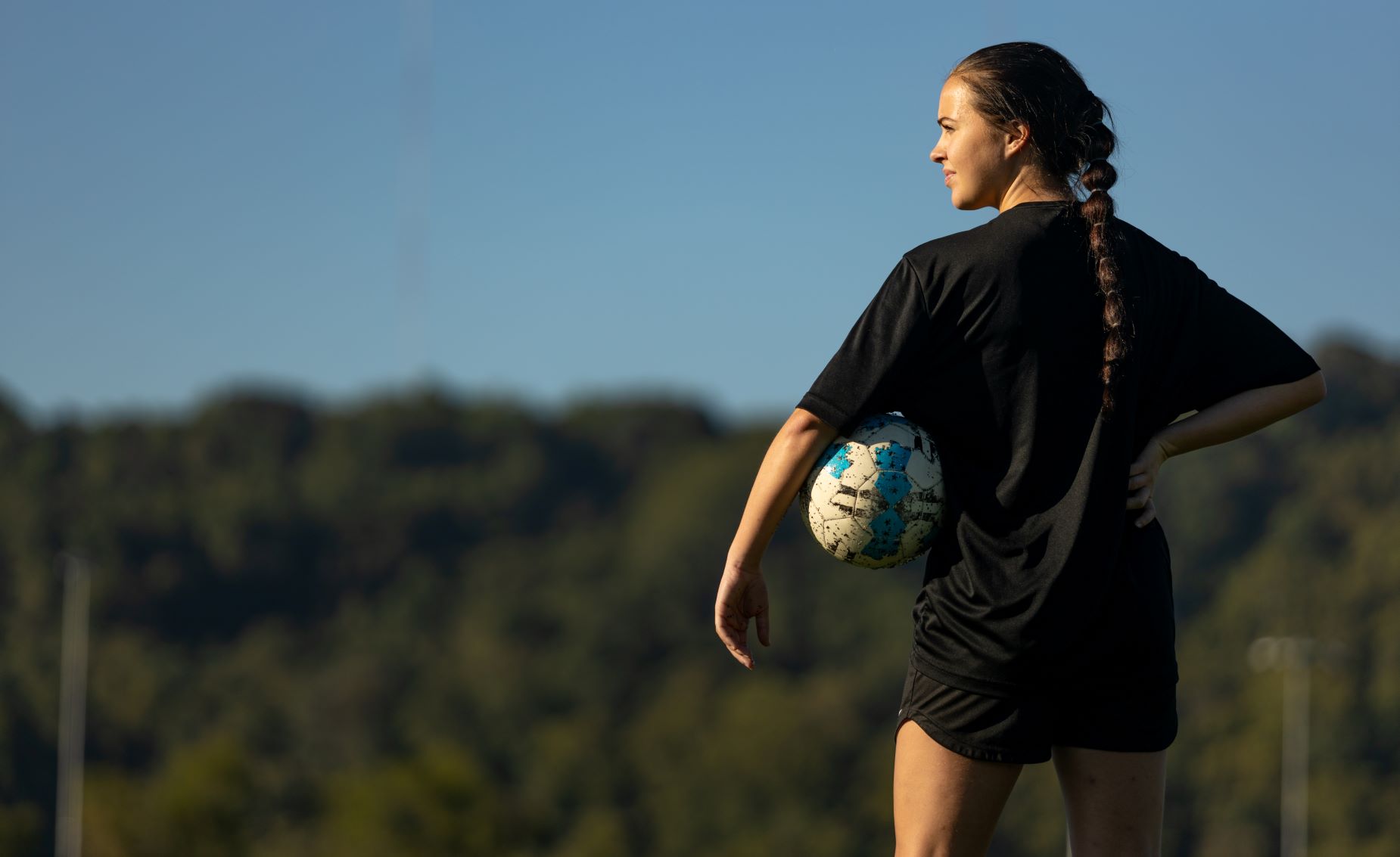Description: A legal challenge to West Virginia’s Save Women’s Sports Act that, if successful, would undermine women’s sports by allowing males who identify as female to compete with females in girls’ and women’s sports.

US Supreme Court to hear women’s sports cases Tuesday
WV, Idaho attorneys general, ADF CEO Kristen Waggoner, and female athlete intervenor available for media interviews following oral arguments
Monday, Jan 12, 2026
WHO: West Virginia Attorney General JB McCuskey; Idaho Attorney General Raúl Labrador; Alliance Defending Freedom CEO, President, and Chief Counsel Kristen Waggoner; and ADF client and female athlete Madison Kenyon
WHAT: Available for media interviews following oral arguments in State of West Virginia v. B.P.J. and Little v. Hecox
WHEN: Immediately following oral arguments, which begin at 10 a.m. EST, Tuesday, Jan. 13
WHERE: Outside U.S. Supreme Court, 1 First St. NE, Washington. Additional spokespeople will be available for 1:1 interviews outside the court during and after oral arguments. To schedule an interview, contact ADF Media Relations Manager Hattie Troutman at (771) 200-7630.
WASHINGTON – West Virginia Attorney General JB McCuskey; Idaho Attorney General Raúl Labrador; Alliance Defending Freedom CEO, President, and Chief Counsel Kristen Waggoner; and ADF client and female athlete Madison Kenyon will speak at a press conference outside the U.S. Supreme Court Tuesday immediately following oral arguments in two women’s sports cases.
In State of West Virginia v. B.P.J. and Little v. Hecox, the states of West Virginia and Idaho, together with attorneys from Alliance Defending Freedom, are asking the high court to allow these states to enforce their laws protecting women’s sports.
“This case is monumental not only for West Virginia, but for our entire country. The outcome will impact the future of women’s sports, the promises of Title IX, and the safety of our daughters,” Attorney General McCuskey said. “We are hopeful that the Supreme Court will uphold the Save Women’s Sports Act and agree with what West Virginia has been saying for years: biological sex matters in sports, and allowing males to compete against female athletes is unfair and dangerous.”
“Idaho’s women and girls deserve a fair and equal playing field,” added Labrador. “The Supreme Court now has the opportunity to hear directly from states that are standing up for women’s sports. For too long, activists have pushed policies that sideline female athletes and erase the reality that men and women are biologically different. Idaho’s law protects fairness and safety, and it ensures women and girls are not forced into unfair and dangerous competition. We look forward to making our case.”
“Women and girls are looking to the Supreme Court to uphold laws recognizing a fundamental truth: Biology matters,” Waggoner said. “Science shows that puberty blockers and testosterone suppression can’t eliminate the physical advantages males have over females. States like West Virginia and Idaho must remain free to acknowledge that truth by protecting women’s sports in the law. Girls deserve to have a fair playing and the American people deserve to have laws grounded in truth.”
In State of West Virginia v. B.P.J., McCuskey, supported by ADF attorneys who serve as co-counsel and also as counsel to former college soccer player Lainey Armistead, asked the Supreme Court to hear their case after the U.S. Court of Appeals for the 4th Circuit ruled against West Virginia’s law protecting fairness in women’s sports. In Little v. Hecox, Labrador, also supported by ADF attorneys, asked the high court to uphold his state’s Fairness in Women’s Sports Act after the U.S. Court of Appeals for the 9th Circuit stopped the law from going into effect.
In the West Virginia case, a middle-school male athlete competing on a girls’ track-and-field team finished ahead of more than 400 different girls, displacing them 1,100 times in three years in cross-country and track-and-field events.
Alliance Defending Freedom is an alliance-building, non-profit legal organization committed to protecting religious freedom, free speech, parental rights, and the sanctity of life.
# # #